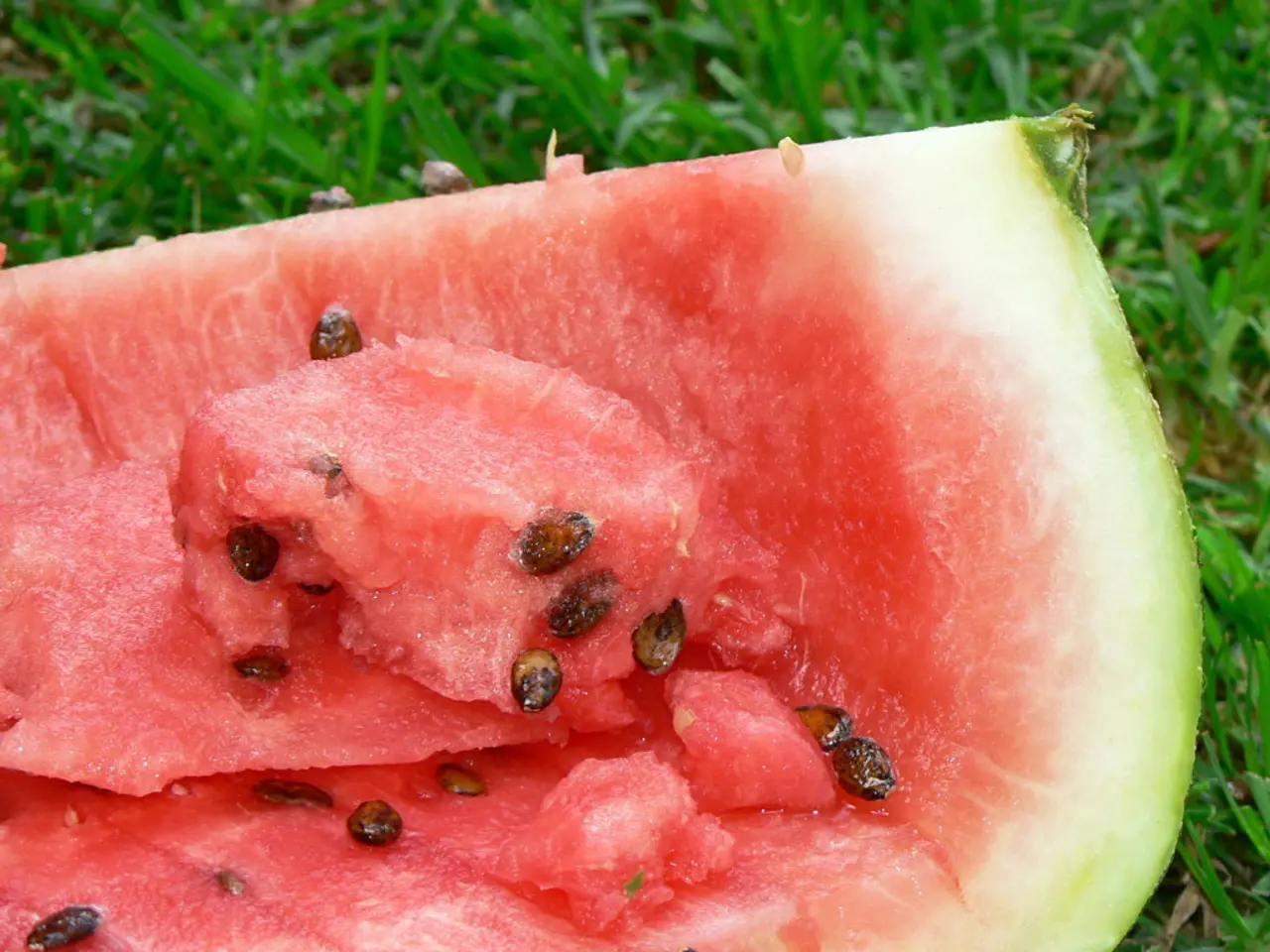FSSAI Seizes 2,000kg Adulterated Watermelons in Tamil Nadu
The Food Safety and Standards Authority of India (FSSAI) has taken stern action against adulterated watermelons, seizing over 2,000 kilograms in Tamil Nadu alone. This follows reports of harmful chemicals being used to enhance appearance and sweetness, posing significant health risks to consumers.
FSSAI guidelines advise consumers to inspect the rind for natural appearance and avoid artificially enhanced red pulp. Synthetic dyes like erythrosine, used to intensify color, can cause allergic reactions and hyperactivity in children. Calcium carbide, used to accelerate ripening, releases acetylene gas that can lead to nausea and neurological problems.
To identify adulterated watermelons, FSSAI suggests simple tests. The cotton ball test involves rubbing a cotton ball on the rind; if it turns red, the watermelon is likely adulterated. The water test involves placing a slice in water; if it turns the water red, it's a sign of artificial dyes. Consumers are urged to choose seasonal fruits, buy from trusted vendors, and report suspicious practices to local authorities.
FSSAI's efforts to combat watermelon adulteration involve collaboration with local authorities, monitoring sales, and educating vendors and farmers about the dangers of harmful chemicals. By following FSSAI guidelines, consumers can ensure they're buying safe, natural watermelons.





